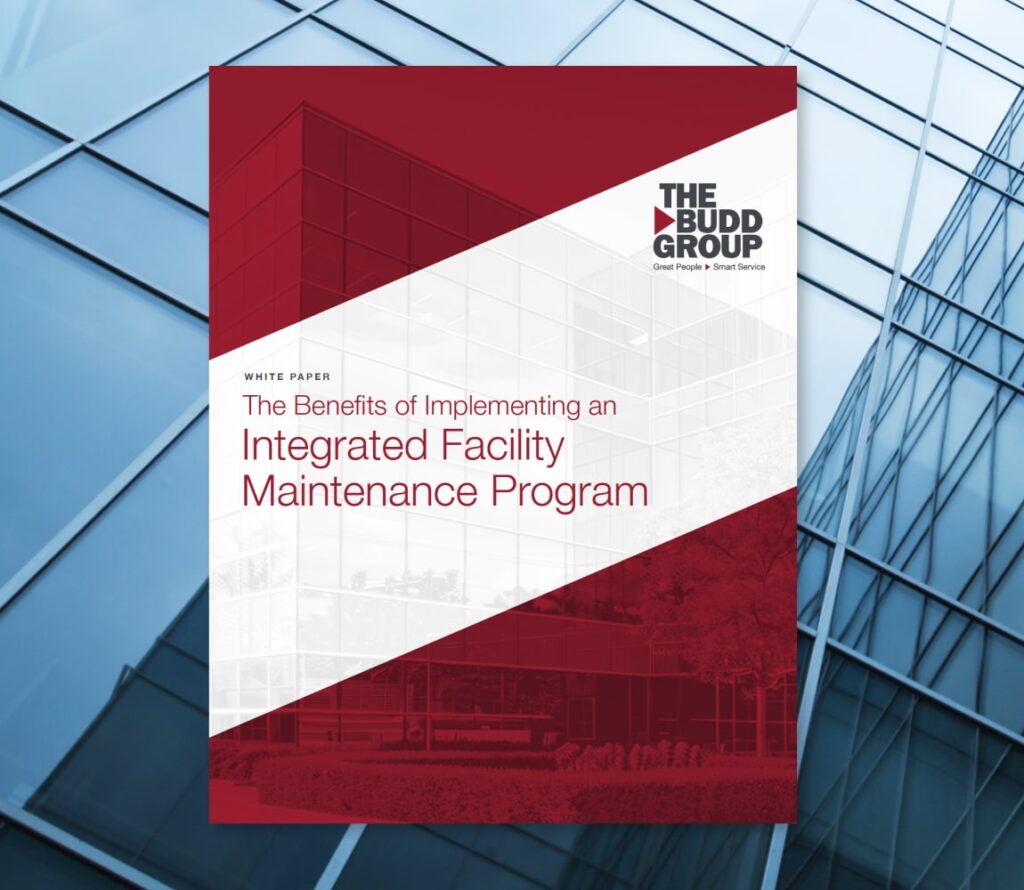Irrigation system efficiency is crucial in not only maintaining a lush landscape, but also in conserving energy and minimizing waste. Investing in a quality irrigation system is the first step toward achieving these goals — maintaining said system is equally as important. Of course, unless you’re familiar with how these systems function, it isn’t always easy to know whether they’re working properly. Receiving regular irrigation audits from knowledgeable irrigation services is an important way to ensure proper system function and identify any issues or inefficiencies.
What are Irrigation Audits?
As its name suggests, an irrigation audit is a routine, holistic examination of one’s irrigation system. During an audit, professional irrigation auditors will gather key data points, such as uniformity of application, precipitation rate, and overall system condition. All components of a particular system are inspected for efficiency and functionality. When auditing a sprinkler system, for instance, certified inspectors will take a look at the backflow preventer, manifold, valve box, master valve, each individual nozzle, and more. They will also run tests to determine whether the irrigation system is performing adequately for the landscape in question.
How Exactly are Irrigation Audits Performed?
While there is no set-in-stone procedure for performing irrigation audits, the Irrigation Association provides key guidelines regarding this process. These guidelines include:
- Conduct a visual inspection of the system, looking for:
- Damaged components
- Improperly arranged/angled/spaced/positioned components
- Misting, dripping, or irregular watering patterns (water pressure issues)
- Lack of key features, such as rain sensors or manual shut-off switches
- Assess distribution uniformity (DU), the measurement of how uniformly and consistently the system is watering the surrounding landscape
- A “catch can” test can be used to determine DU, wherein multiple basins are placed on a grid in the watering zone and a measurement is recorded of how much water ends up in each container
- Determine the precipitation rate, the rate of water output by the system
- Catch can testing data can also be used to figure out this rate
- Re-establish the landscape’s needs by evaluating the condition of all landscape features, including grass, plant life, roots, soil texture, and more
- Landscape problems often point to an irrigation failure or misappropriation of resources that aren’t conducive to green landscaping
- Review current irrigation scheduling and make necessary adjustments
- Local rainfall data/patterns should be factored into any scheduling changes
How Often Should You Receive an Irrigation Audit?
Just as there is no specific procedure for performing an audit, there is no hard-and-fast rule for their frequency. That said, an irrigation system really cannot be inspected enough. Of course, conducting weekly or monthly audits requires significant resources, so most companies will not receive an irrigation audit this often. It is recommended that these audits occur every 3-5 years, though some businesses might receive annual audits from their lawn care services for extra assurance and efficiency.
Make Sure Your Irrigation System Works
When your irrigation system works as it should, it may become somewhat of an afterthought, but it’s important not to become complacent. Failing to regularly audit your system can end up costing you money in terms of energy inefficiency, landscaping problems, and compliance issues. If you’re looking for a reliable irrigation audit provider, look no further than The Budd Group. Our professionals will make sure your system continues to operate at maximum efficiency. To learn more about our services and values, give us a call today at 800-221-8158!

